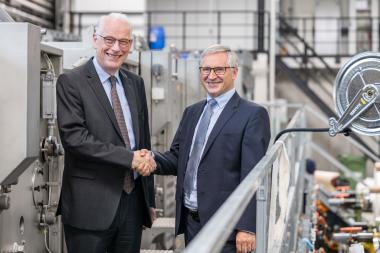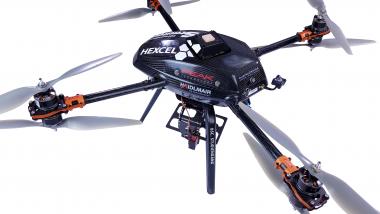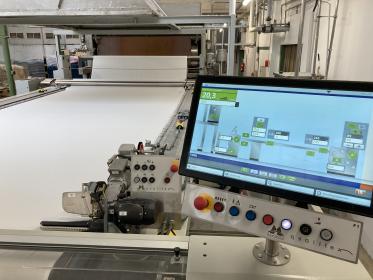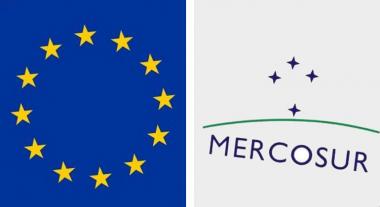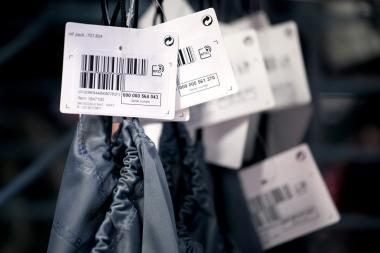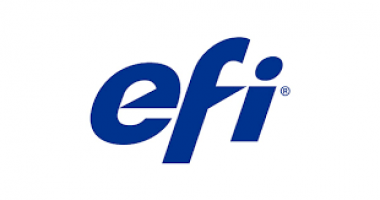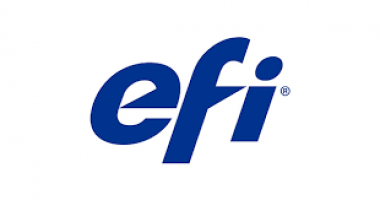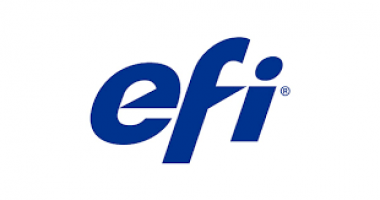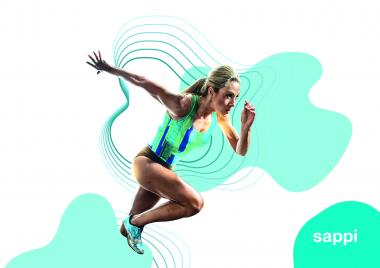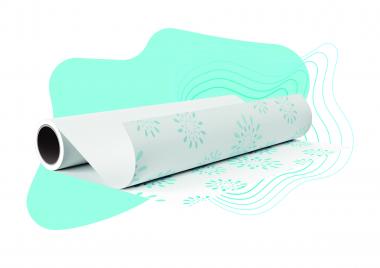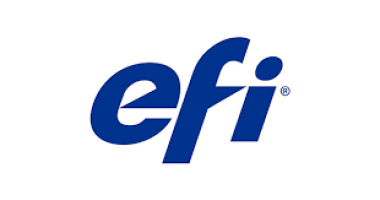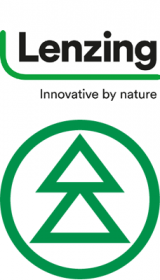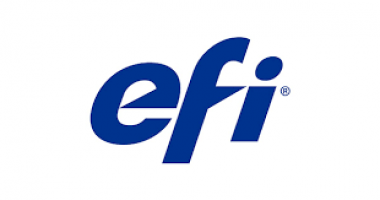Baldwin to unveil FlexoCleanerBrush™ at SuperCorrExpo
Baldwin Technology Company Inc. will showcase a new generation of innovative technologies for optimized corrugated high-graphics package printing at SuperCorrExpo, taking place in Orlando, Florida, from Aug. 8 to 12.
The FlexoCleanerBrush™ enhances the print quality and improves worker safety in corrugated printing. The system automatically removes dust and contamination from the plate in seconds during production, without stopping the press. It also performs full end-of-job plate cleaning and drying in fewer than four minutes, enabling increased uptime and sustainability. A carbon fiber core keeps even the ultra-wide FlexoCleanerBrush to a minimal weight, and ensures cleaning is stable, uniform and consistent throughout the plate’s width. Because the system is fully automatic and spans the entire width of the plate cylinder, the FlexoCleanerBrush improves safety by eliminating routine operator contact with the machine, while also reducing the risk of cylinder nip injuries and contact with wash agents.
Also on view in Baldwin’s SuperCorrExpo booth, the FlexoDry™ is a fully integrated IR drying system, specifically developed for corrugated flexo printing presses. It reduces energy consumption by up to 30 percent over standard IR dryers through patented Diamond IR™ lamps. The system delivers improved drying results because of a unique optical design that produces higher intensity for enhanced color definition, and reduces or eliminates marking altogether, allowing for high-speed and full-confidence printing.
Additionally, Baldwin will showcase LED-UV technology, designed by its AMS Spectral UV division for wide-format flexo corrugated box printing.
Baldwin Technology Company Inc. Baldwin SuperCorrExpo events trade fairs textile printing drying system
Baldwin Technology Company Inc. / Barry-Wehmiller







